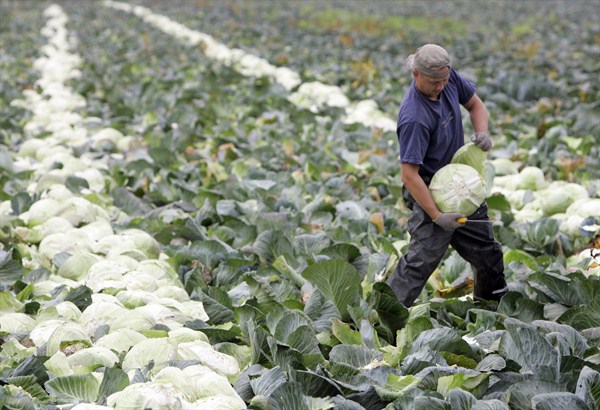Editor’s note: This article is the first in an ongoing WPR series about workers' rights in various countries around the world.
On Oct. 23, leaders of European Union member states agreed to revise the legal statute regulating the bloc’s system of “posted workers,” which are employees sent by their companies on temporary assignment from one member state to another. As populist sentiment within the EU has risen, reforming the posted workers system has increasingly become a hot-button issue, as countries seek to protect their workers from what many consider to be unfair competition. In an email interview, Matthias Busse, an economy and finance researcher at the Center for European Policy Studies, explains why posted workers have gotten a bad rap, what the EU is doing about it, and how the issue fits into the larger populist discourse in Europe.
WPR: Why have “posted workers,” which have led to what critics call social dumping across the European Union, become so controversial? What is the status of the EU’s revision of the statutes regulating posted workers, and what does this revision entail?

